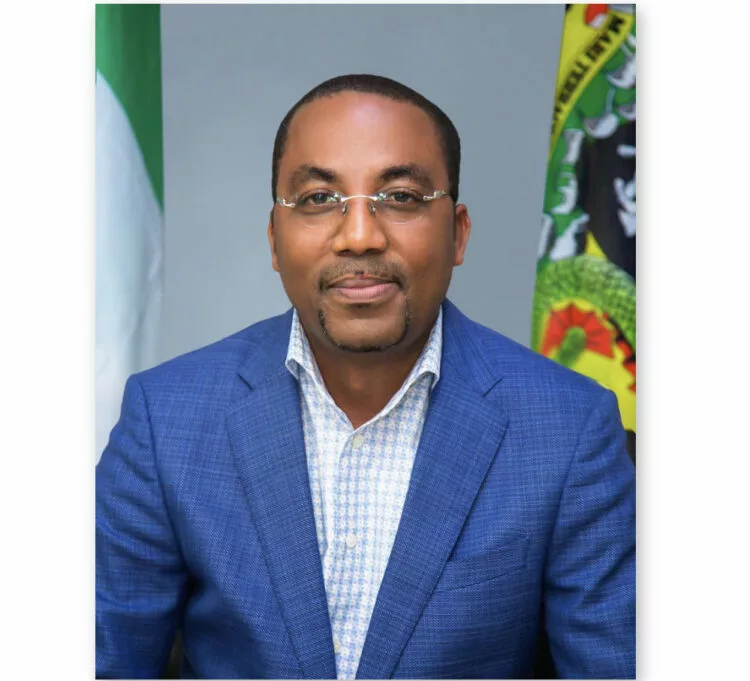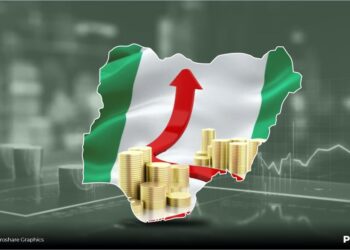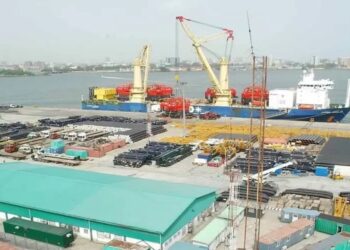Lekki Port, the first deep sea port in Nigeria, is developed by CHEC with the BOOT model, and finished the construction in the October of 2022. The concession period is 45 years (three years’ construction included). The shareholders of the port are: CHEC, Tolaram, the Lagos Government, and Nigerian Ports Authority. Lekki Freeport Terminal, a joint venture enterprise owned by CHEC and CMA-CGM, is the container operator for the Port.
Phase 1 of the multipurpose Port, with an overall investment of 1.044 billion US dollars, have developed two container berths, 680 meters quay, and 16.5 meters deep channel; it is also equipped with 7 ship-to-shore cranes and 21 RTG cranes; the port yard covers 20 hectares, can accommodate 55,000 TEU. The port will be sufficient to handle 18,000 TEU vessels, and has a total capacity of 1.2 million TEUs annually. Lekki Port began the commercial operation in April 2023.
For a long time, the ports in Lagos have been facing traffic congestion, low draught level, poor cargo distribution capability, and undeveloped road network, thus Nigerian foreign trade has been significantly impeded, and Nigeria was losing the transshipment hub status to other West African countries in the past decades. Lekki Port will be the game-changer. Situated in the Lagos Free Zone, Lekki Port is ideally positioned to service the gateway for Nigeria and the surrounding West African region; equipped with world-class machines, it is the first automated port in Nigeria, and will allow rapid customs clearance and significantly reduce the time of cargo handling. Lekki Port will promote the take-off of Nigeria’s economy and the prosperity of foreign trade, flourish many related industries, and create massive jobs. It is estimated that the overall economic benefit will reach $361 billion over the next 45 years, and 170,000 direct and indirect jobs will be created.
Abayomi, an economist, contributed this piece from Lagos.





